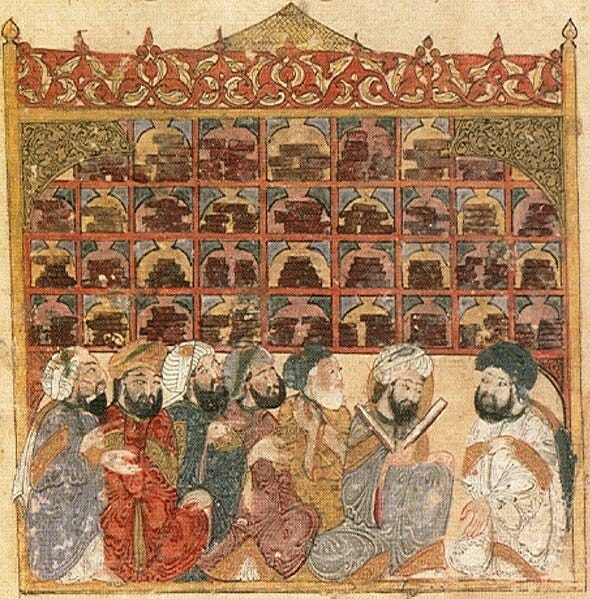Dear readers,
If you follow me on twitter/x you will know that I’ve just, by God’s Grace, just published an article in The Maydan - ‘Ambiguity as A Master Key.’.
As readers of this substack knows I’ve been working through Thomas Bauer’s Culture of Ambiguity a long time and I’ve spent a long time with his book. The result of that is critical look at the concept which is the heart of his project. This review is a culmination of that.
This is a small excerpt from that:
Bauer explores the concept of ambiguity and the tolerance thereof in premodern Muslim societies, arguing that they possessed it in abundance while Modern Islam—whether of fundamentalist or liberal varieties—displays a profound lack of said tolerance due to Western influence and its colonial incursions. Stated in such bald terms one may be surprised that such an argument could even be made anymore, let alone be published. Yet it’s a credit to his erudition and wit that he nearly succeeds.
So how has Bauer pulled off such an argument? Surely, it must be based on stronger grounds than the intuitions of an academic, however sagacious. Rest assured, Bauer takes us on a wide-ranging tour through Classical Islam, from rites of hospitality to the boundaries of scholarly dispute, from Near-Eastern attitudes of sex to the fecundity of religious texts, from dazzling verses of poetry to clear-eyed secular politics. If, in the end, we may insist that the book’s argument is less authoritative than it appears, it’s hard not feel invigorated by what is a glorious amble through the riches of Islamic civilization.
Given its theoretical bravura, Bauer concept of ambiguity has the potential to spark a small cottage industry within Islamic Studies; it has already inspired several scholarly works, including Oliver Scharbrodt’s Muhammad Abduh: Modern Islam and the Culture of Ambiguity with likely more books and Phd’s in the academic pipeline. Furthermore, it’s influence has spread beyond the confines of academic study of Islam and the humanities in general, and even beyond with academic articles dedicated to political theology, radicalisation studies to philosophy, and more. Yet it is precisely due to the compelling force of Bauer’s argument that makes it necessary to closely examine limitations and insights of concept of ambiguity.
As always if you have any feedback, constructive or otherwise, please get in touch and perhaps we can share an (electronic) bread to hear where you’re coming from. Writing is a surprisingly collaborative journey, even if it calls for a monk-like existence.
I’ve shared a clip before, and if you like then please subscribe and join me on a journey.
As always, at your service.
Faheem






I think your absolutely right in that a lot of research will come out of this Thomas Bauer's, especially as it addresses some current needs of modernity, i.e. to live in a diverse, multicultural society.